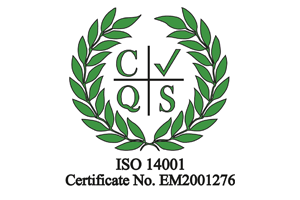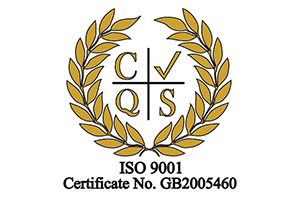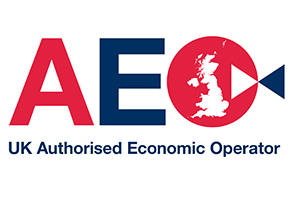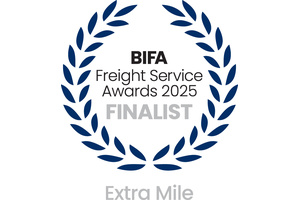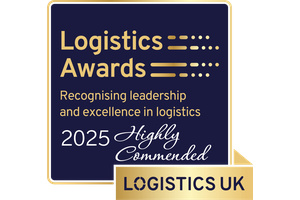How has Brexit induced customs clearance impacted European transport to and from the UK?
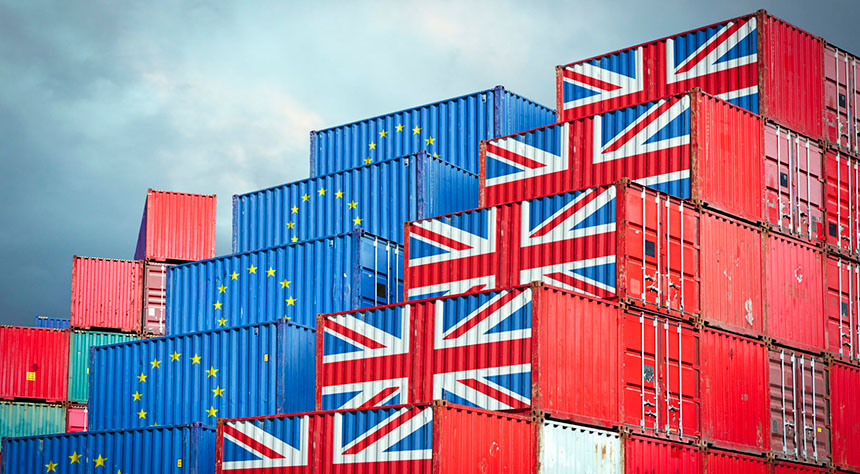
For companies exporting to or importing from EU member countries, the rules for international shipping changed when the UK left the EU. This had the potential to have a significant impact to the movement of freight across borders, however, using the services of a customs clearance specialist will go a long way to making the process as painless as possible.
As a leading European transport and logistics company, providing freight services to and from the UK and the EU market since 2005, Efret has successfully navigated changing rules and country specific restrictions of varying severity for many years. However, since Brexit took effect in January 2021, the reintroduction of customs at borders has had the most wide-ranging impact of any previous regulatory changes to the transport sector.
To maintain smooth passage of our customers goods and the minimum of delay to our trucks, we collaborated with customs authorities to create our own dedicated customs clearance agency and brokerage.
As a direct representative and an Authorised Economic Operator (AEO) we can provide access to our guarantees and authorisations including Transit Guarantee, Deferment Account, and Authorised Consignor to the benefit of our customers.
We have established a robust network of custom agents throughout Europe enabling us to offer complete door to door Brokerage that integrate seamlessly with our transport and 4PL logistics solutions.
What do UK freight exporters and importers need to know?
Customs declarations are now required for all goods entering or leaving the UK and EU countries. Accurate preparation of the relevant documents in advance is the key. Ultimately the responsibility for making UK customs declarations is with the shipper and they will need an Economic Operators Registration and Identification (EORI) number, obtainable from HM Revenue & Customs.
A commercial invoice and packing list with the export documents is also required. For successful delivery, this must travel with the goods, along with any relevant licences or certificates.
A preferential trade agreement between the UK and the EU for many commodities means that an EU customer may be eligible to pay reduced import duty. This only applies if your commercial invoice includes origin details for the goods showing that they comply with the agreement.
Shippers also need to provide the value of their goods on the invoice (sale price or market value), and to classify the goods that are being exported using the right Harmonised System (HS) commodity code. The HMRC’s Trade Tariff tool has an exhaustive list showing HS codes, duty and VAT rates. The VAT rate payable by EU importers on goods from the UK is 20% and the duty can vary between 0% (for preferential goods) and 22%. From January 2022, a deferred VAT accounting scheme became available for some EU importers.
Our team of qualified customs agents will be able to help our customers with HS codes and advise on the customs requirements for their goods. We can make the declarations to prevent delays with getting goods through the UK border.
For import declarations, shipper’s need to include the value and the commodity code of the goods being imported – to determine the rate of duty to be paid and if an import licence is required. Shippers may be able to pay less or no customs duty according to the preferential trade agreement between the UK and the EU for many commodities.
EU exporters to the UK must register for a Registered Exporter (REX) number, which is the equivalent of the UK EORI number.
For UK shipments to EU, its necessary to check that the recipient is able to import them into their country. It may be necessary to make an import declaration in the receiving country, or have a licence/certificate to be a recipient of goods from the UK.
How has the transport of food been impacted?
The UK’s Brexit agreement with the EU mandates that food imports from the EU should be subject to checks at the borders and additional charges levied, but, contrary to my article in July this year, the British government has now postponed the implementation for a fifth time. This is due to their concern that the additional restrictions will contribute adversely to food inflation which would be extremely hard to swallow by British consumers.
The checks are now rescheduled to be implemented at the end of April 2024, which according to BBC reports, some sources are sceptical that it will happen at all, due to the inevitable political implications.
Import taxes:
The Efret customs team can provide this information as long as the exporter has the correct HS commodity code. It’s important to note that there are certain goods that may be restricted – from ammunition to medicines to plant products. These may have special rules and require a specific import licence.
Conclusion:
Businesses that import and export goods to and from the EU will find that using our specialist customs agency to make customs declarations as part of the transport movement is extremely beneficial. Our advance planning, knowledge and experience minimises delay to transit times and ensures compliance with customs protocols.
Get in touch with our specialist team to find out more:
Recent articles

Efret proud to announce renewal of AEO accreditation
5th February 2026 1 minute read

Efret welcomes Tendron as GB Global bolsters European network
28th January 2026 1 minute read
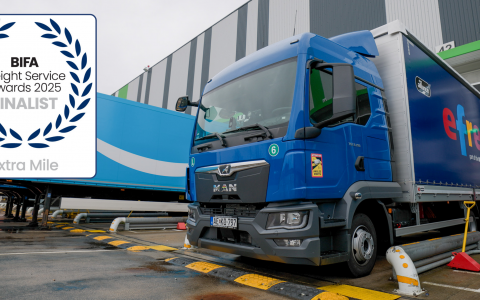
Efret Shortlisted for BIFA ‘Extra Mile’ Award 2025
29th October 2025 2 minute read
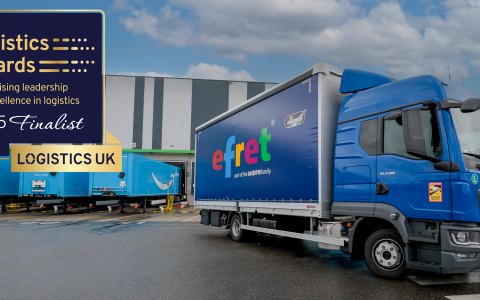
Efret Shortlisted for Van Business of the Year at Logistics UK Awards 2025
20th August 2025 2 minute read

